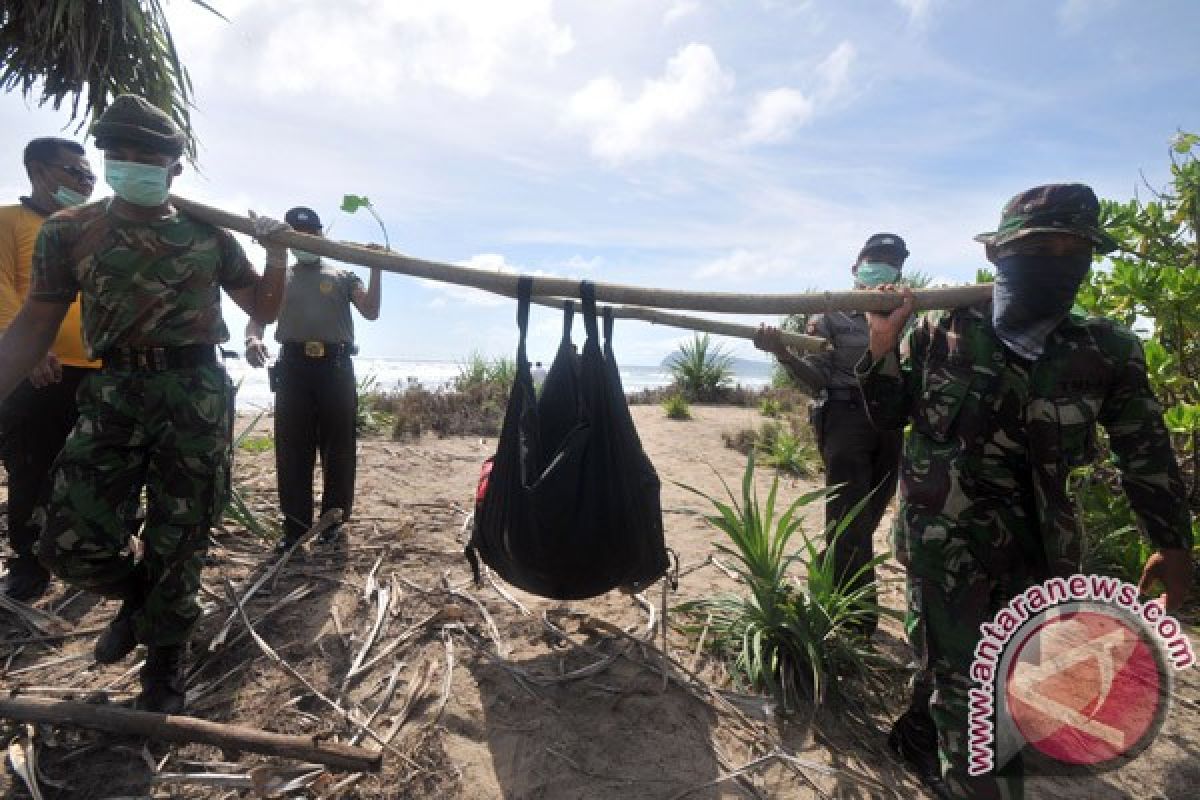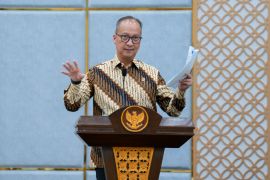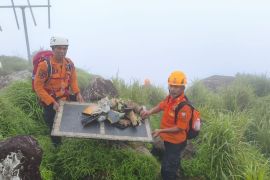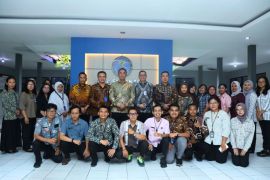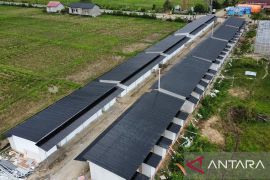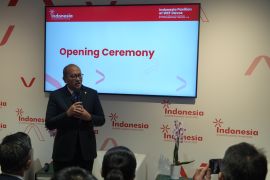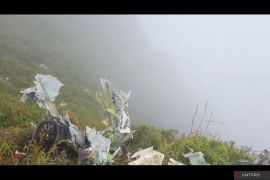But, in countries which are in turmoil or embroiled in war, many people have no choice but to leave their countries
to live elsewhere, as they seek normal lives. According to the UN High Commissioner for Refugees (UNHCR), there were 15.4 million refugees worldwide as of the end of 2012.
During the year, conflicts and persecution forced an average of 23,000 persons per day to leave their homes and seek protection elsewhere, either within the borders of their countries or in other countries.
Last year, 46 percent of those listed as refugees were under 18 years old. This was similar to 2011, but higher than a few years ago. Further, women and girls accounted for 48 percent of the refugee population.
Australia has become a favored destination for Asian immigrants seeking a better life, particularly those from Afghanistan, Sri Lanka, Iraq, and Iran.
The majority have attempted to enter Australia illegally by boat, resulting in hundreds dying because their overcrowded boats capsized in rough waters, including in the Indonesian maritime territories which share a border with Australia.
Indonesia is known as a transit country for asylum seekers and refugees heading to Australia. This year, the number of registered asylum seekers and refugees entering Indonesia increased from 7,945 in 2012 to about 10,340, said Mitra Salima from the office of the UNCR Jakarta office recently.
"Until June 2013 there were 8,262 asylum seekers and 2,078 refugees in Indonesia. The cumulative number of asylum seekers and refugees is increasing, compared to last year`s 7,945 people," she said.
Registered asylum seekers came from Afghanistan (46 percent), Iran (12 percent) and Myanmar (10 percent), while unregistered refugees originated in Afghanistan (42 percent), Myanmar (15 percent) and Somalia (13 percent), he said.
Having a population of around 245 million people, Indonesia is not a signatory to the UN Refugee Convention, so the country has not agreed to be obligated to permanently accommodate refugees.
Although it is not a signatory country, Indonesia has been busy processing thousands of refugees and asylum seekers entering its territory illegally before proceeding to third countries, particularly Australia, by boat. Many of them, however, failed to reach their hoped-for destination as they lost their lives in rough seas. According to media reports quoting Australian sources, more than 15,000 asylum seekers have arrived by boat on Australian territory this year. Since 2001, however, some 1,000 people have died making the crossing.
Another deadly sea mishap occurred on July 23, 2013, when a tugboat carrying more than 200 refugees sank off the coast of West Java`s district of Cianjur, en route to Christmas Island Australia.
Indonesian authorities rescued 202 survivors and recovered 16 dead bodies from the accident site. Following the incident, Indonesian police arrested four men for trying to smuggle out the ill-fated boat`s passengers including women and children from Iran, Iraq and Sri Lanka, to Christmas Island, Australia.
A couple of days after the deadly accident, President Susilo Bambang Yudhoyono reportedly received a telephone call from, and began discussions with, Australian Prime Minister Kevin Rudd regarding cooperation on stopping trans-boundary human crimes, particularly human smuggling.
Teuku Faizasyah, the special presidential staff member for international relations, said in a press statement that the president received the telephone call from Rudd on July 25, 2013.
"During the telephone conversation, both sides discussed bilateral cooperation in the handling of trans-boundary crimes, particularly human smuggling," he said.
But, media did not mention whether the two leaders expressed their condolences or sympathies to the refugee families who lost their relatives in the sea mishap.
So far, there has been hardly news about leaders offering their sentiments for refugees or asylum-seekers who died in rough seas. In fact, Australia and Indonesia signed a bilateral treaty in 2006 which specifically referred to co-operation on transnational crimes, such as smuggling people.
The Indonesian government passed laws in 2011 declaring the smuggling of people to be a crime, with sentences of five to 15 years in prison for people found guilty. In addition to the treaty with Indonesia, Australia`s Prime
Minister Rudd and his Papua New Guinea (PNG) counterpart, Peter O`Neill, on July 19, 2013 signed the Regional Settlement Arrangement in the Australian city of Brisbane as part of the new hard-line policy.
Under the new policy, boat-people headed to Australia will have their claims processed by PNG, and be resettled permanently in PNG if successful.
Prime Minister Kevin Rudd said the arrangement would send "a very clear message to people-smugglers to stop sending people by boat to Australia".
"As of today, asylum seekers who come here by boat without a visa will never be settled in Australia. Under the new arrangement signed with Papua New Guinea today - the Regional Settlement Arrangement - unauthorised arrivals will be sent to Papua New Guinea for assessment and, if found to be a refugee, will be settled there," Rudd said in a
joint press release with the PNG prime minister.
"Australians have had enough of seeing people drowning in the waters to our north. Our country has had enough of people smugglers exploiting asylum seekers and seeing them drown on the high seas.
We are sick of watching our servicemen and women risking their lives in rescues in dangerous conditions on the high seas," he said.
However, critics have accused Australia of avoiding responsibility and passing on its problem to a developing nation.
The BBC reported recently that the UN High Commission for Refugees said there were "significant shortcomings" in PNG`s legal system for processing asylum seekers.
"Australia`s Regional Resettlement Arrangement (RRA) with the Government of PNG raises serious, and so far unanswered, protection questions," the UNHCR said in its first review of Australia`s new policy.
"UNHCR is troubled by the current absence of adequate protection standards and safeguards for asylum seekers and refugees in Papua New Guinea," it said.
Speaking during the Special Conference on the Irregular Movement of Persons organized by the Indonesia government on August 20, 2013, UNHCR`s Director of International Protection, Volker Turk, in fact urged that "Opportunities for legal channels of migration should be encouraged. Capacity should be built to promote timely search and rescue operations to reduce loss of life at sea."
Amnesty International (AI) has expressed its objection to this new policy, saying that the policy flouts key articles of the Refugee Convention, including Article 31, which forbids discrimination against asylum seekers due to how they arrive in a country.
Although asylum seekers will be sent to PNG within weeks, no facilities have yet been built, no staff trained and no health or education provided in PNG to ensure that the rights of the asylum seekers are upheld, AI said in a statement on July 25, 2013. This "cart before the horse" approach seriously risks abusing the rights of asylum seekers under numerous international human rights laws, it added. (*)
T.F001/A/KR-BSR/F001) 24-08-2013 13:33:19
Reporter: Fardah
Editor: Fardah Assegaf
Copyright © ANTARA 2013
